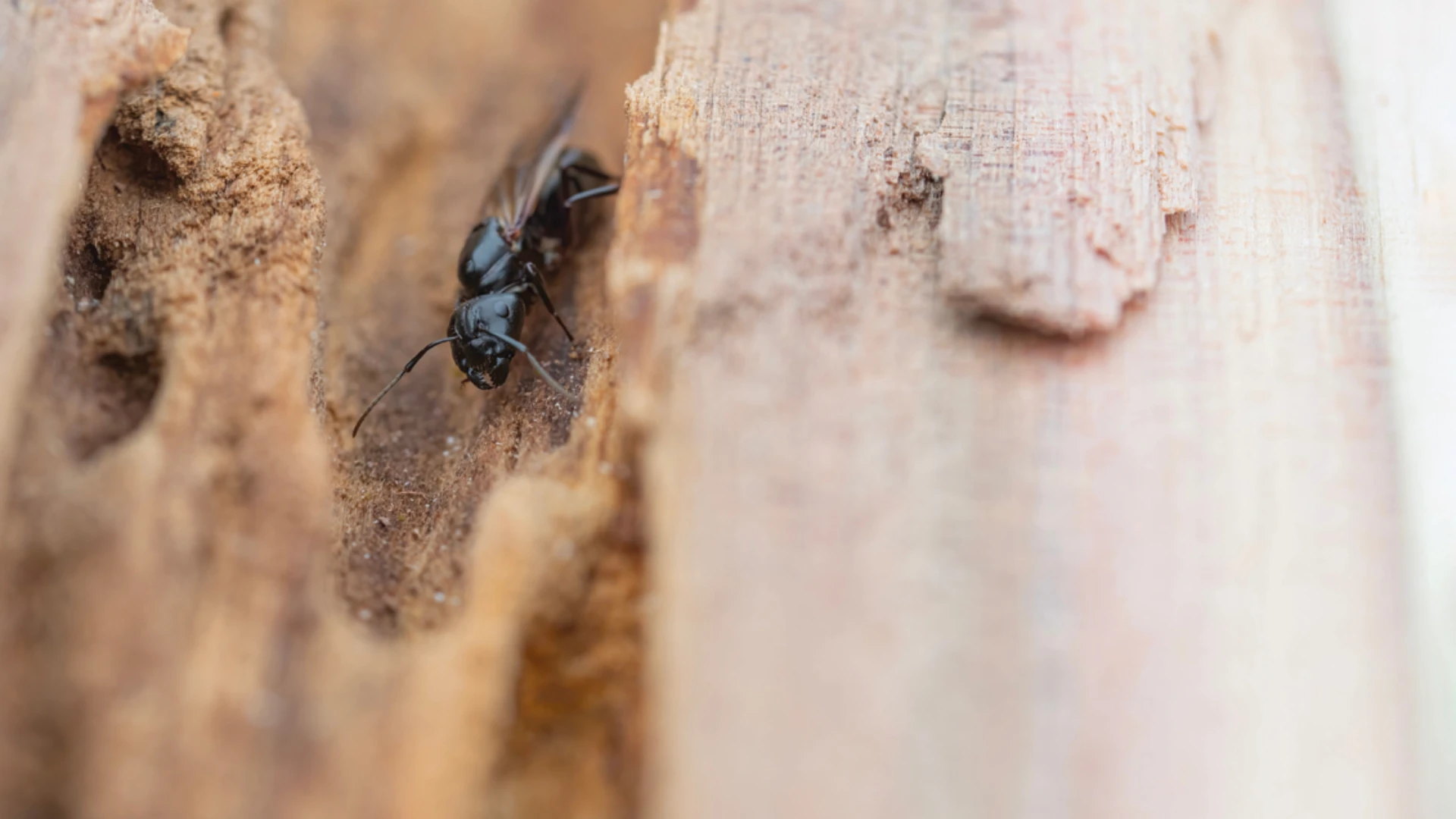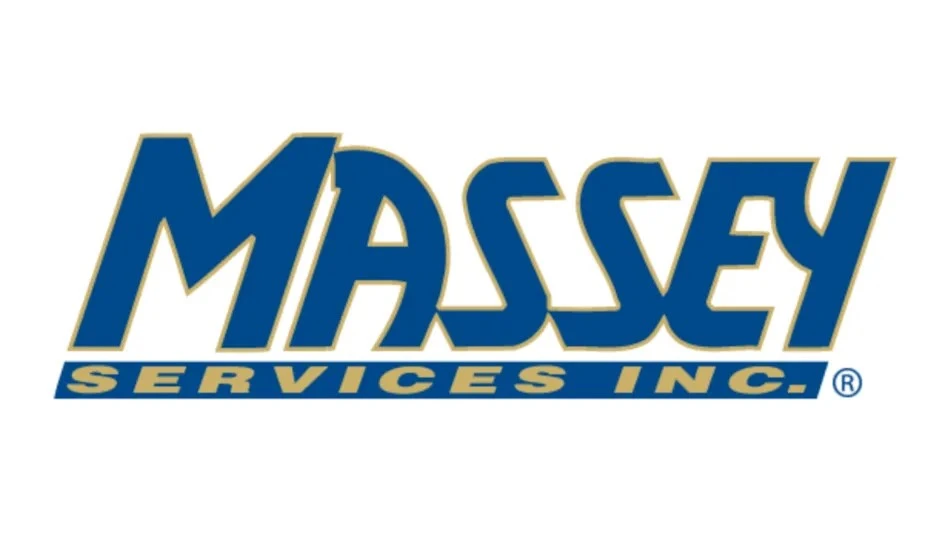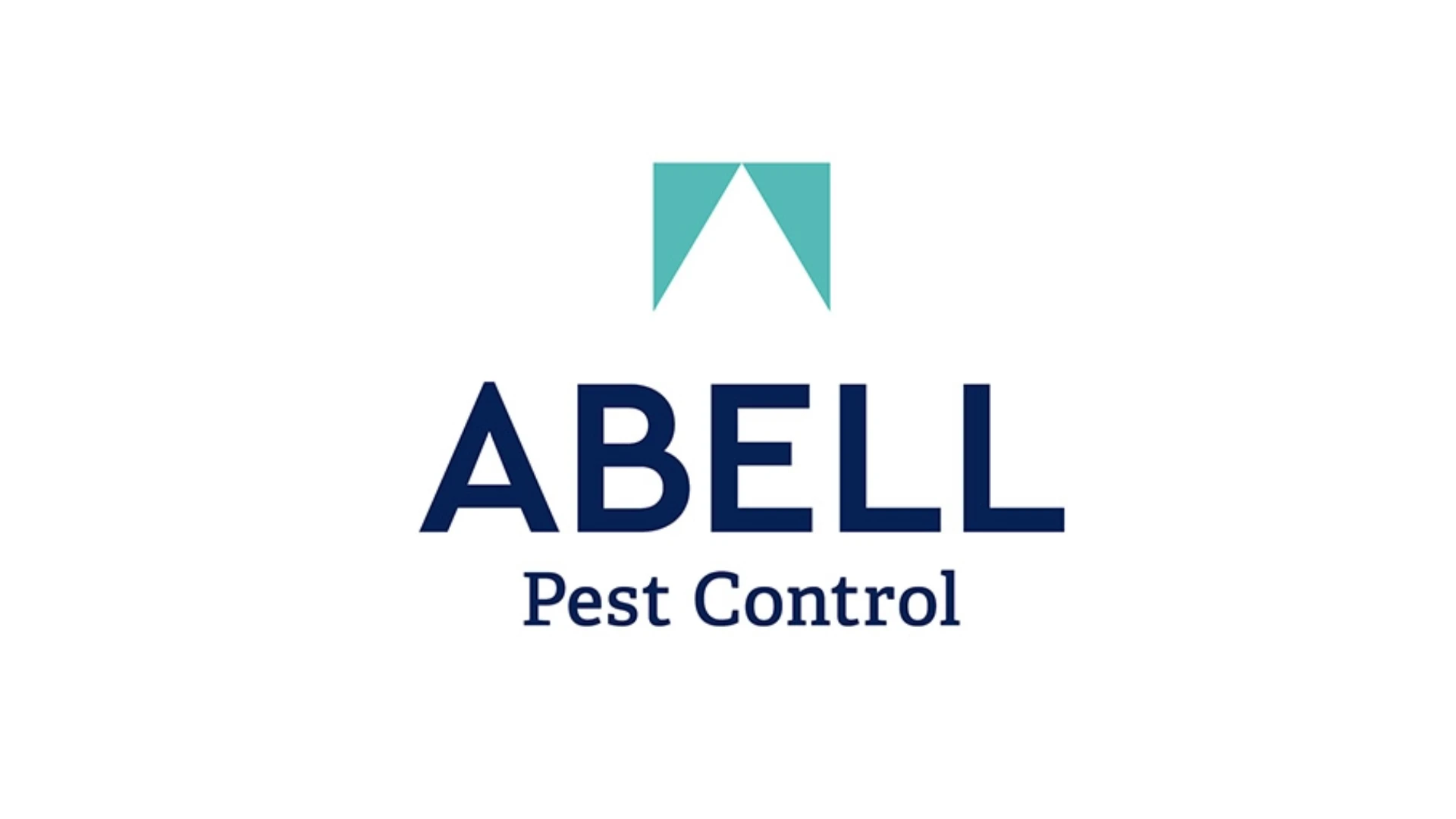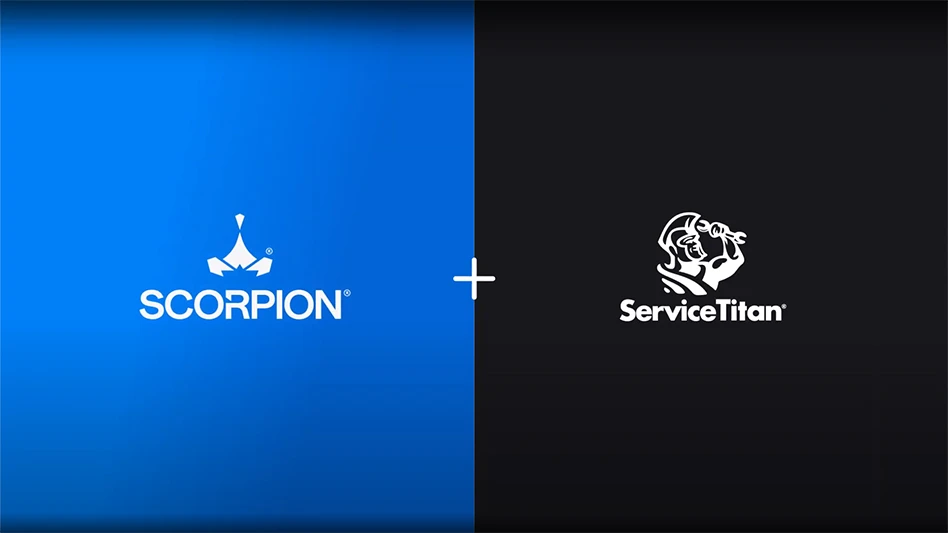Stu Lowe, owner of Preventive Pest in Anaheim, Calif., recently rebroadcast a webinar to his office staff about mosquito issues developing in their region.
“Mosquitoes are one of the new emerging pests here in Southern California,” Lowe explained.
Rebroadcasting gave him the ability to pause and discuss the topic and allowed the staff to watch at a time convenient to their schedules.
Even long before he knew mosquitoes were present in the area, Lowe and his team attended classes on the topic. Through webinars, he said, “you can just get little bits of information about new things that are emerging. And you may not be seeing them at the time, but eventually, it led me to want to go get a public health license category, which has enabled us to treat for mosquitoes.”
Similarly, Lowe said he learned about treating for bed bugs in a course he took about a decade ago, before he saw an uptick in the pest’s presence in his area.
“There's always these new pests that maybe as a company you're not quite ready to tackle, but you're learning about them,” he said. “And I think these types of trainings and webinars get your foot in the door to be ready to tackle it head-on once they may become an issue or your company is ready to do that type of treatment.”
More than half of PMPs indicated in a recent marketplace survey that they were planning on adding or growing into a new market over the next three years. When pest control companies want to shift into new markets, webinars can be used as a risk-free tool to learn more about a new product or service area.
For companies considering expanding their service offerings, market introductory webinars require as little as an hour of time and can serve as decision-making tools for whether to invest more time and resources into taking on a new market or service area.
Live webinars include the built-in opportunity to discuss specific questions with market and technical experts during a Q&A session or post-event follow-ups. Learning from experts through webinars expands an attendee’s horizons in a way in-person meetings can’t practically offer, Lowe said.
“Sometimes, we will only have in-person classes from people that are in our own area,” he explained.
However, a recent virtual class through the University of California Riverside’s entomology department allowed Lowe and his employees to hear firsthand from a South American entomologist about chagas disease and its transmission through the kissing bug.
“I don't think they would have flown in someone from South America to be in person,” he said. “But with the virtual format, it opens up that possibility.”
Gary Nielsen, director of training at JP Pest Services in Milford, N.H., said that when he began his career in the industry, he was armed solely with a paper copy of the NPCA field guide to assist him on the job.
“Lots of times, I would say to the customer, ‘I'm going out to my truck to get something,’” he recalled. “I’d go out and open this thing and frantically read whatever I needed to read in order to be able to give them a reasonable answer to the situation that they had.”
Webinars and online courses allow his company's employees to find specific information on-demand, “which is much better rather than just, OK, this is a good topical topic to have at this quarterly meeting, and this fellow or woman is a good speaker, and let's bring them in and have a pep talk to everybody,” Nielsen said. “It's available to them when they're ready to meet it, because that's the best way to learn. That's why I encourage all of my students to do it. Learning in the moment is so much better, because you're open to it.”
Latest from Pest Control Technology
- Rose Pest Solutions Becomes Official Pest Provider of Chicago Fire FC
- WSPMA Hosts Legislative Day at Washington State Capitol
- A-1 Pest Control Marks 59 years in Business
- Hawaii PCO Shares Regulatory Challenges, Business Impacts from Lahaina Wildfires
- 5 Tips for Reducing Waste in the Office and in the Field
- OvoControl Now Available in Chile
- Envu Announces Savings Programs for Pest Management Professionals
- Follow the Trail





